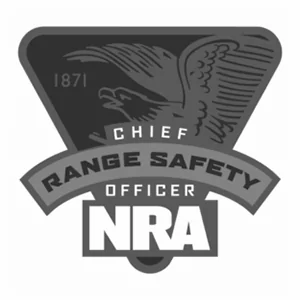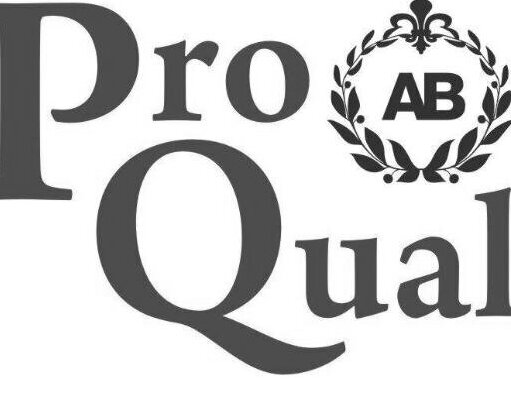Protection and Security Services:
PSCs offer protection to individuals, properties, assets, and infrastructure from various threats such as theft, vandalism, espionage, terrorism, and physical harm.
They deploy security personnel to guard premises, conduct patrols, monitor surveillance systems, and enforce access control measures.
Risk Assessment and Management:
PSCs assess the security risks faced by their clients through thorough evaluations of potential threats, vulnerabilities, and consequences.
They develop customized security plans and strategies to mitigate identified risks effectively, including the implementation of security measures and protocols.
Close Protection and Executive Security:
PSCs provide close protection services for high-profile individuals, executives, celebrities, diplomats, and other at-risk personnel.
They accompany clients during travel, events, and public appearances, utilizing advanced security techniques to mitigate threats and ensure their safety.
Security Consulting and Advisory:
PSCs offer expert security consulting services to assist clients in identifying security needs, developing security policies, and implementing best practices.
They provide guidance on security technology, personnel training, crisis management, and emergency response planning.
Security Training and Education:
PSCs conduct specialized security training programs for clients and their personnel to enhance their skills, knowledge, and preparedness in handling security threats and emergencies.
Training topics may include self-defense, firearms proficiency, threat recognition, conflict resolution, and crisis communication.
Specialized Security Services:
PSCs provide a wide range of specialized security services tailored to specific industries or environments, such as maritime security, aviation security, cyber security, event security, and critical infrastructure protection.
They deploy specialized equipment, technology, and expertise to address unique security challenges effectively.
Investigations and Intelligence:
PSCs conduct investigations into security breaches, incidents, or suspicious activities to identify perpetrators, gather evidence, and prevent future occurrences.
They collect and analyze intelligence on emerging threats, security trends, and geopolitical developments to support informed decision-making by clients.
Crisis Response and Emergency Management:
PSCs provide rapid response capabilities to manage security crises, emergencies, and critical incidents, including natural disasters, terrorist attacks, civil unrest, and workplace violence.
They coordinate with emergency responders, law enforcement agencies, and other stakeholders to ensure an effective and coordinated response effort.
Compliance and Legal Frameworks:
PSCs operate within the legal and regulatory frameworks governing private security activities, including licensing requirements, firearms regulations, and use of force guidelines.
They ensure compliance with international laws, human rights standards, and industry best practices to uphold ethical conduct and accountability.
Client Relationship Management:
PSCs establish and maintain positive relationships with clients through effective communication, responsiveness, and professionalism.
They collaborate closely with clients to understand their security needs, concerns, and objectives, and deliver tailored security solutions accordingly.
In summary, Private Security Contractors play a vital role in safeguarding people, assets, and operations across diverse sectors and environments, offering a wide range of security services to meet the evolving challenges and threats faced by their clients.













